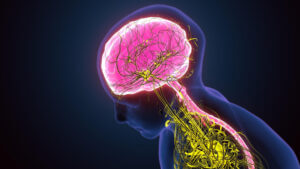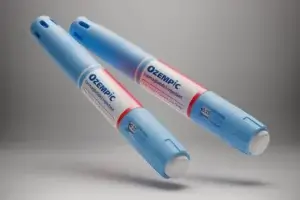Anand, A et al. (2023). Ketamine versus ECT for Nonpsychotic Treatment-Resistant Major Depression. N Engl J Med 2023;388:2315-25. DOI: 10.1056/NEJMoa2302399
Highlights:
- A total of 55.4% of the patients in the ketamine group and 41.2% of those in the ECT group had a response.
- Patients with treatment-resistant major depression without psychosis were recruited and assigned in a 1:1 ratio to receive ketamine or ECT.
- During an initial 3-week treatment phase, patients received either ECT three times per week or ketamine (0.5 mg per kilogram of body weight over 40 minutes) twice per week.
Results:
A total of 403 patients underwent randomization at five clinical sites; 200 patients were assigned to the ketamine group and 203 to the ECT group. After 38 patients had withdrawn before initiation of the assigned treatment, ketamine was administered to 195 patients and ECT to 170 patients. A total of 55.4% of the patients in the ketamine group and 41.2% of those in the ECT group had a response (difference, 14.2 percentage points; 95% confidence interval, 3.9 to 24.2; P<0.001 for the noninferiority of ketamine to ECT). ECT appeared to be associated with a decrease in memory recall after 3 weeks of treatment (mean [±SE] decrease in the T-score for delayed recall on the Hopkins Verbal Learning Test–Revised, −0.9±1.1 in the ketamine group vs. −9.7±1.2 in the ECT group; scores range from −300 to 200, with higher scores indicating better function) with gradual recovery during follow-up. Improvement in patient-reported quality-of-life was similar in the two trial groups. ECT was associated with musculoskeletal adverse effects, whereas ketamine was associated with dissociation.
Conclusions:
Ketamine was non-inferior to ECT as therapy for treatment-resistant major depression without psychosis.













